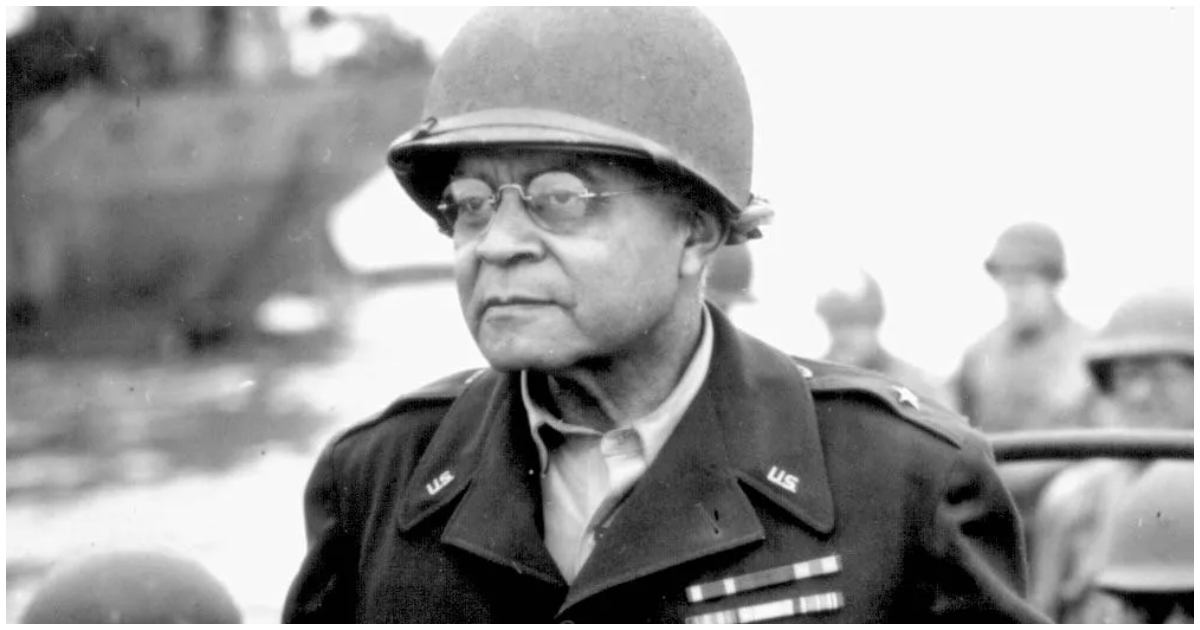Franklin D. Roosevelt promoted Benjamin O. Davis Sr. to brigadier general just days before the 1940 presidential election. This historic move came after a scandal involving a White House staffer and a Black police officer threatened to cost FDR the Black vote.
FDR’s Campaign Crisis and Quick Response
On October 28, 1940, a violent incident shook FDR’s campaign. Stephen Early, a press aide with Confederate roots, kneed Black police officer James Sloan in the crotch at Madison Square Garden. This act of aggression against a Black officer could have derailed FDR’s re-election bid.
Faced with potential backlash, Roosevelt acted swiftly. He announced the creation of the Tuskegee Airmen and promoted Colonel Benjamin O. Davis Jr. to brigadier general. Davis became the first Black officer to reach this rank in the U.S. military.
The Significance of Davis’s Promotion
Davis’s promotion was groundbreaking. It signaled a shift in military leadership and offered hope for improved racial equality. However, the timing raised questions about Roosevelt’s motives.
Some viewed the promotion as a genuine step toward progress. Others saw it as a political maneuver to salvage Black support. Regardless, Davis’s achievement marked a milestone in American military history.
The Changing Landscape of Black Voters
Before 1936, Black voters largely supported Republicans, the party of Lincoln. But the Great Depression changed this dynamic. FDR’s New Deal programs attracted many Black voters to the Democratic Party.
By 1940, however, Black Americans were growing frustrated. Segregation in the military persisted despite their loyalty to FDR. This discontent set the stage for the October incident and Roosevelt’s subsequent actions.
The Impact on the 1940 Election
Roosevelt’s quick response to the scandal paid off. Despite losing a small percentage of the Black vote, he secured an unprecedented third term as president. The promotion of Davis Sr. likely played a role in maintaining crucial Black support.
This episode highlights the power of last-minute campaign decisions. It also underscores the growing influence of Black voters in American politics during this era.
Legacy of the 1940 October Surprise
The term “October surprise” wasn’t coined until 1980. Yet, the events of October 1940 fit the definition perfectly. They show how late-breaking news can shape election outcomes.
Roosevelt’s actions set a precedent for future campaigns. Politicians learned the importance of swift responses to potential scandals. The promotion of Davis Sr. also paved the way for future advancements in military diversity.




